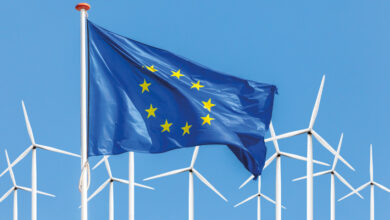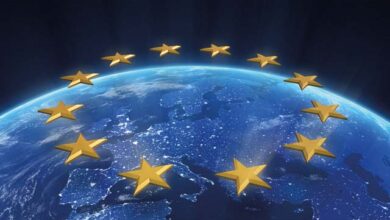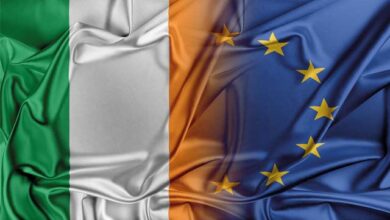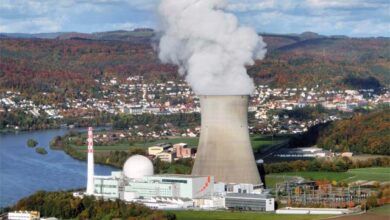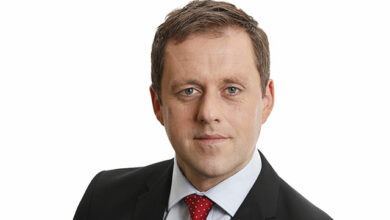Cyprus’ EU priorities
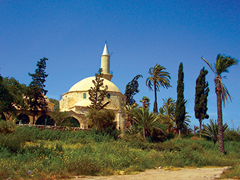 The Greek side of a divided island takes the lead in Europe.
The Greek side of a divided island takes the lead in Europe.
One of the smallest but also most complex European countries will take up the Presidency of the Council of the European Union on 1 July, to be followed by Ireland on 1 January. The Council brings together government ministers and officials and is separate from the European Council (heads of government), led by Herman Van Rompuy.
Cypriot and Irish histories have some similarities. British rule was ended by a war of independence, followed by a north-south partition and further conflict, and now relative peace. In Cyprus’ case, the island was starkly divided by a UN buffer zone following a brief, sharp conflict in 1974 and the two communities moved en masse to each side of that line.
Pyla, a village just outside Larnaca, is the island’s only shared settlement. Three British military bases also remain, under the terms of the 1960 independence treaty.
The Republic of Cyprus claims the whole island but, in practice, only governs the Greek-dominated southern portion. Its 80-member House of Representatives includes 24 seats for Turkish members, left empty since their withdrawal in 1964. The constitution allows for a Greek President and Turkish Vice-President, the latter office being vacant since 1974.
The Turkish Republic of Northern Cyprus is only recognised by Turkey. The euro is used throughout the island and the Turkish lira also circulates in the north.
Cyprus’ official flag, designed by a Turkish Cypriot art teacher, holds out the hope of reconciliation. Segregation has effectively frozen the conflict but occasional confrontations continue on the border. With both populations living apart with their own versions of history, the potential for a renewed conflict remains.
In twin referendums in April 2004, a UN reunification plan was backed by the Turks (64.9 per cent) but rejected by the Greeks (75.8 per cent). The southern zone entered the EU a week later but the north remains isolated. Talks take place every few months.
Republic of Cyprus President Dimitris Christofias is the EU’s only communist head of government. His Progressive Party of Working People, though, has only minority support in parliament. Turkish Republic President Derviş Eroğlu is a hardline nationalist.
Each side has its own version of events and statistics. The island’s total population is around 1.1 million: an estimated 850,000 Greeks, 200,000 Turks and 50,000 others.
The southern economy is dominated by financial services, tourism and light manufacturing. The northern economy, in comparison, is mainly agricultural and heavily subsidised by Turkey. The Cyprus dispute is a barrier to Turkey’s EU membership bid. In a final geographical twist, the EU considers Cyprus part of Europe but the UN classifies the island within western Asia.

